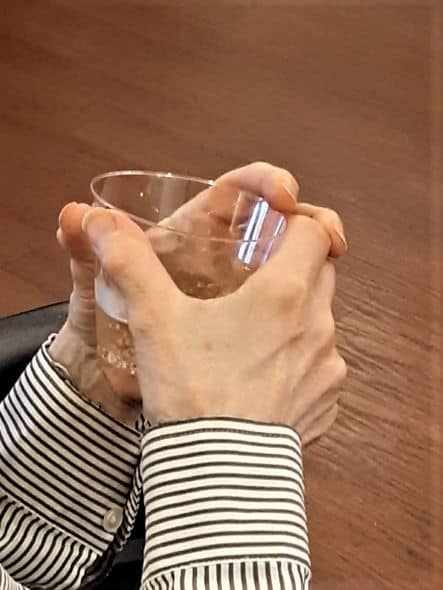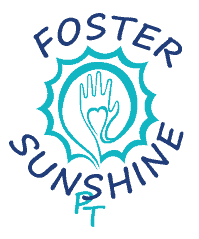
Working in an acute care setting, the diagnosis of dehydration within the geriatric population is a common one. Dehydration is a major health concern within this vulnerable group and can be a cause of many other serious medical complications.
Why is dehydration more common among the elderly?
Mobility Impairments
Many within the geriatric population have a fear of falling. This fear may cause older adults to avoid movement and may go so far as to keep them from drinking so trips to the bathroom are few. The less they get up and move, the more deconditioned they get. Mobility becomes even more challenging, and the problem grows.
Incontinence
Urinary leakage is prevalent among the elderly and often another reason older adults decrease their fluid intake to prevent incontinent episodes.
Cue the pelvic health physical therapy!
Physiological Changes with Age
First, our sense of thirst decreases with age. Without an urge to drink, older adults will drink less. Second, our kidneys become less efficient over time. Fluid imbalance can occur, setting the body up for increased risk and complications of dehydration. And third, our bodies have a lower percentage of water composition as we age. Therefore dehydration will happen faster than it would have at a younger age.
Cognitive Impairment
Individuals with dementia or Alzheimer’s may forget to drink.
Side Effects of Medications
Our medication list seems to get longer and longer as we age; dehydration is a common side effect of many medications.
What are the signs and symptoms of dehydration?
There are many. It can be as simple as sunken eyes or dry, inelastic skin, but the list is extensive:
- Decreased tear production
- Dry mouth
- Decreased urinary frequency
- Dark-colored urine
- Fatigue
- Dizziness
- Confusion
- Muscle cramping
- Headaches
- Weakness
- Fast, weak pulse
- Increased respiratory rate
From a mobility standpoint, the concern is clear: put fatigue, muscle cramping, confusion, weakness, and dizziness together and the fall risk is huge. We all know that falls can lead to serious complications in the elderly.
This all reinforces the importance of preventing dehydration from the start.
What health complications may arise as a result of dehydration?
Again, there are many, and the severity can vary. We can see why so many of these patients end up in the hospital.
- Urinary tract infection (UTI)
- Fainting (more falling)
- Kidney stones
- Seizures (due to electrolyte imbalance)
- Hypovolemic shock
- Blood clots
- Heatstroke
How can dehydration in geriatrics be prevented?
Given all this information, taking steps to stay hydrated is key to keeping our geriatric population healthy. Keep in mind, drinks like coffee and soda do not promote improved hydration.
Create timed reminders.
Older adults should be drinking one-third of their body weight in ounces of water per day. It should be even more in hot weather or with increased activity. Break it up throughout the day and set timers to ensure that water is being consumed, even in the absence of thirst. That way it cannot be forgotten.
Eat foods with higher water content.
If you are not thirsty, water may not be motivating, but you can increase fluid intake by eating more fruits, vegetables, soups, yogurt, jellies, or any other food with inherent moisture.

Optimize balance, strength, and mobility.
We want to eliminate the fear of falling as a barrier to hydration. Rehabilitate those impairments. Ensure that your patients have the necessary equipment they need to ease their mobility difficulties, such as walkers or raised toilet seats. Make sure any obstacles are removed to create safe passageways. We can help so much in this area to restore their confidence in safely navigating life!

I’ll drink to that…